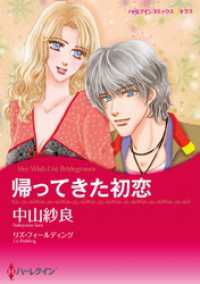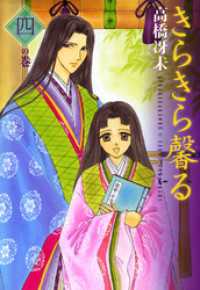Full Description
John Cage's disdain for records was legendary. He repeatedly spoke of the ways in which recorded music was antithetical to his work. In Records Ruin the Landscape, David Grubbs argues that, following Cage, new genres in experimental and avant-garde music in the 1960s were particularly ill suited to be represented in the form of a recording. These activities include indeterminate music, long-duration minimalism, text scores, happenings, live electronic music, free jazz, and free improvisation. How could these proudly evanescent performance practices have been adequately represented on an LP?
In their day, few of these works circulated in recorded form. By contrast, contemporary listeners can encounter this music not only through a flood of LP and CD releases of archival recordings but also in even greater volume through Internet file sharing and online resources. Present-day listeners are coming to know that era's experimental music through the recorded artifacts of composers and musicians who largely disavowed recordings. In Records Ruin the Landscape, Grubbs surveys a musical landscape marked by altered listening practices.
Contents
Preface ix
Acknowledgments xxiii
Introduction 1
1. Henry Flynt on the Air 19
2. Landscape with Cage 45
3. John Cage, Recording Artist 67
4. The Antiques Trade: Free Improvisation and Record Culture 105
5. Remove the Records from Texas: Online Resources and Impermanent Archives 135
Notes 167
Selected Disography 195
Bibliography 199
Index 209








